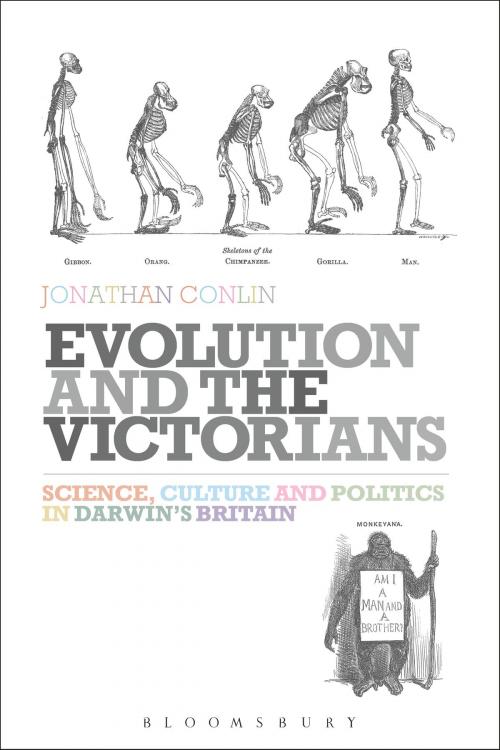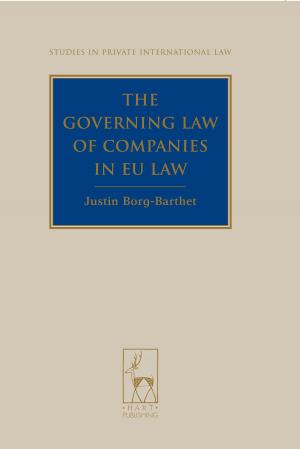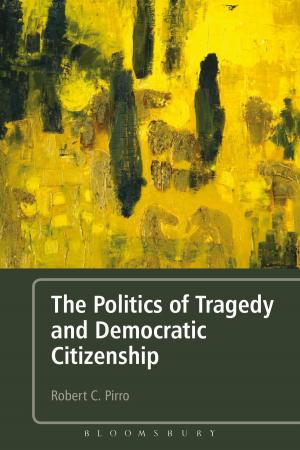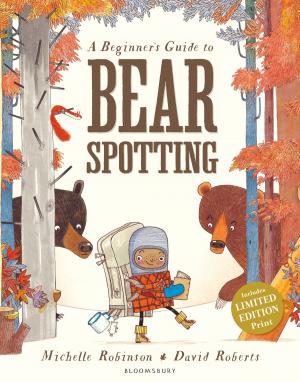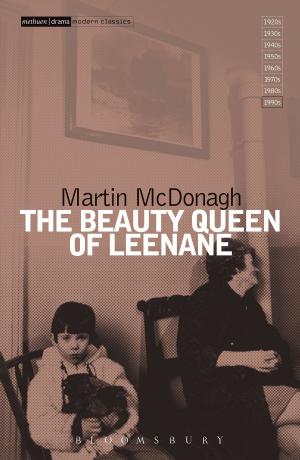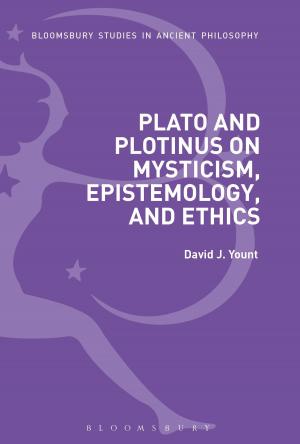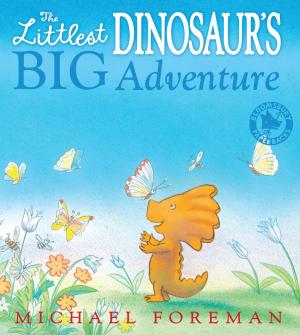Evolution and the Victorians
Science, Culture and Politics in Darwin's Britain
Nonfiction, History, Modern, 19th Century, Science & Nature, Science, Other Sciences, British| Author: | Dr Jonathan Conlin | ISBN: | 9781441126139 |
| Publisher: | Bloomsbury Publishing | Publication: | January 16, 2014 |
| Imprint: | Bloomsbury Academic | Language: | English |
| Author: | Dr Jonathan Conlin |
| ISBN: | 9781441126139 |
| Publisher: | Bloomsbury Publishing |
| Publication: | January 16, 2014 |
| Imprint: | Bloomsbury Academic |
| Language: | English |
Charles Darwin's discovery of evolution by natural selection was the greatest scientific discovery of all time. The publication of his 1859 book, On the Origin of Species, is normally taken as the point at which evolution erupted as an idea, radically altering how the Victorians saw themselves and others. This book tells a very different story. Darwin's discovery was part of a long process of negotiation between imagination, faith and knowledge which began long before 1859 and which continues to this day.
Evolution and the Victorians provides historians with a survey of the thinkers and debates implicated in this process, from the late 18th century to the First World War. It sets the history of science in its social and cultural context. Incorporating text-boxes, illustrations and a glossary of specialist terms, it provides students with the background narrative and core concepts necessary to engage with specialist historians such as Adrian Desmond, Bernard Lightman and James Secord. Conlin skilfully synthesises material from a range of sources to show the ways in which the discovery of evolution was a collaborative enterprise pursued in all areas of Victorian society, including many that do not at first appear "scientific".
Charles Darwin's discovery of evolution by natural selection was the greatest scientific discovery of all time. The publication of his 1859 book, On the Origin of Species, is normally taken as the point at which evolution erupted as an idea, radically altering how the Victorians saw themselves and others. This book tells a very different story. Darwin's discovery was part of a long process of negotiation between imagination, faith and knowledge which began long before 1859 and which continues to this day.
Evolution and the Victorians provides historians with a survey of the thinkers and debates implicated in this process, from the late 18th century to the First World War. It sets the history of science in its social and cultural context. Incorporating text-boxes, illustrations and a glossary of specialist terms, it provides students with the background narrative and core concepts necessary to engage with specialist historians such as Adrian Desmond, Bernard Lightman and James Secord. Conlin skilfully synthesises material from a range of sources to show the ways in which the discovery of evolution was a collaborative enterprise pursued in all areas of Victorian society, including many that do not at first appear "scientific".
